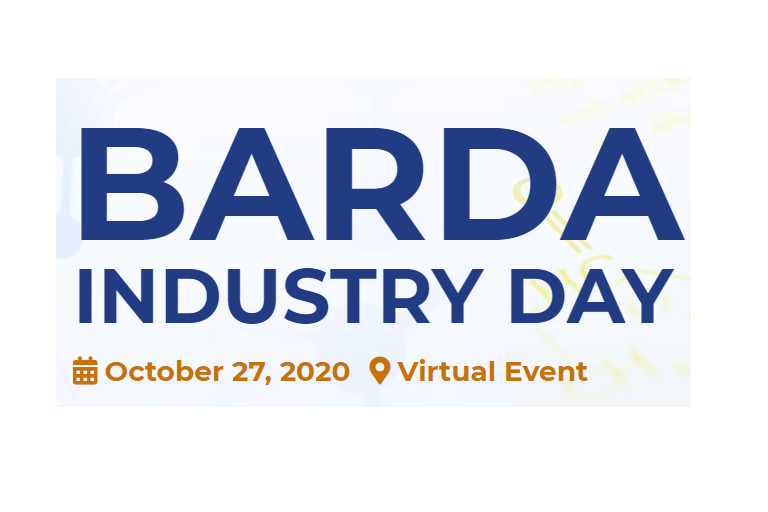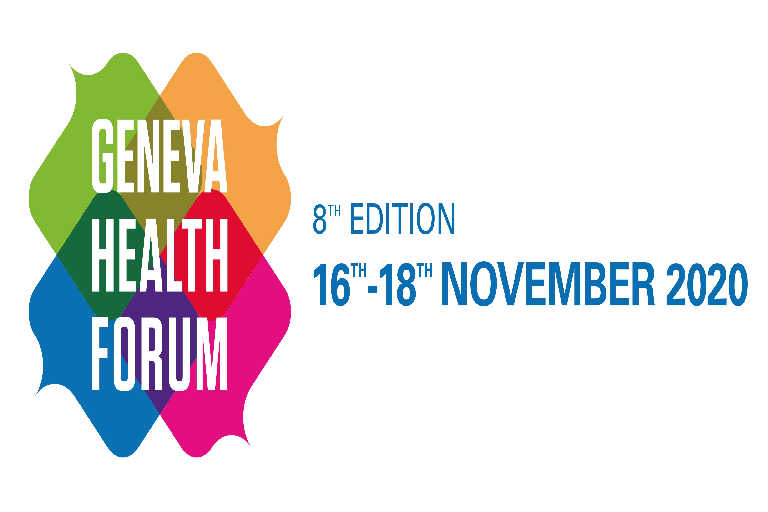How Machine Learning Can Change Healthcare
Machine learning can do a lot to change the landscape of the healthcare industry for the better. It can aid doctors and nurses in diagnosing and treating patients, and help improve patient outcomes. Here are 5 ways machine learning can change healthcare.
1. Testing and Diagnosis
One of the basic tenets of machine learning is increasing the power of algorithms and pattern recognition. These kinds of powerful predictive data analytics can be a game changer for testing and diagnostics. Better imaging and testing technologies can pick up more detail and test smaller sample sizes with every advancement. There is more and more medical research available for healthcare providers to access every day. As technologies like machine learning and artificial intelligence improve, so too can testing and diagnosis. Many machine learning models are tailor made for recognizing patterns and helping people narrow down search results. While the type of machine learning model you need depends greatly on the problem you’re facing, much of the work of diagnosing a disease involves pattern recognition and narrowing down causes, so utilizing machine learning is a good approach.
2. Treatment
While human doctors and nurses aren’t going to be replaced by robots anytime soon, machine learning and AI can aid in treatment plans immensely. The goal of supplementing treatment plans with AI is twofold: reducing patient cost and improving clinical outcomes. AI can help doctors make well-informed decisions regarding their patients’ care. Healthcare providers can leverage machine learning models as analysis tools to create clinical care guidelines based on past treatment decisions and outcomes, industry research and other retrospective data. Machine learning can also be leveraged at the consumer level in the form of healthcare apps. While these apps cannot replace actual treatment by a professional, they enable people to track their own patterns for everything from mood to hydration, easily find additional support and discover coping strategies that work for them.
3. Speed
Speed is key to many aspects of healthcare. This is most obvious in emergency situations, but it’s also important to the more mundane and routine aspects of medical care. General practitioners will often have jampacked schedules and patients coming in for a quick flu shot or an upset stomach can be irritable and impatient. AI can keep doctors’ schedules moving smoothly and help mitigate scheduling issues such as appointments that go over the allotted time. It can also place a lot of knowledge and ideas right at a doctor’s fingertips. If a patient comes in with an issue and the doctor isn’t sure of the cause, he or she can check medical databases and data analytics software to help figure out a diagnosis or solution.
4. Accuracy
Accuracy is integral to healthcare, too. Everything from brain surgery right down to the exact dosage of medication depends on healthcare providers being as accurate as humanly possible. Robots and nanotechnology can help immensely in surgery and testing. Machine learning and AI model trends in diseases over time and improve decision accuracy. Having a good predictive analytics system can root out outliers in the data and help healthcare providers focus on the most accurate up-to-date data.
5. Follow-up Care
It can sometimes be difficult for a patient to follow his or her treatment plan after leaving the doctor’s office. Machine learning can even help with this issue. Patients can download apps recommended by doctors to set up alerts to take medications and meet treatment target goals. The concept of a digital health coach is another avenue researchers are pursuing. The health coach or assistance would be a connection between the doctor and the patient, sending reminders to the patient and sending information back to the doctor. All of these technologies are being developed to help doctors ensure their patients receive continual and preventative care and avoid unnecessary readmittance. Machine learning and AI will never replace the human compassion that healthcare requires, but these technologies can help healthcare providers improve the care and treatment they offer their patients.






























